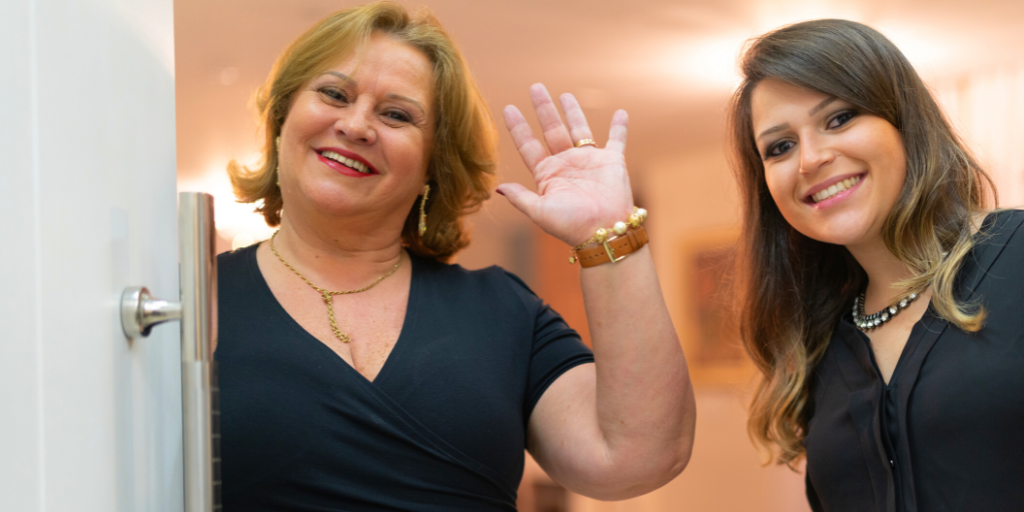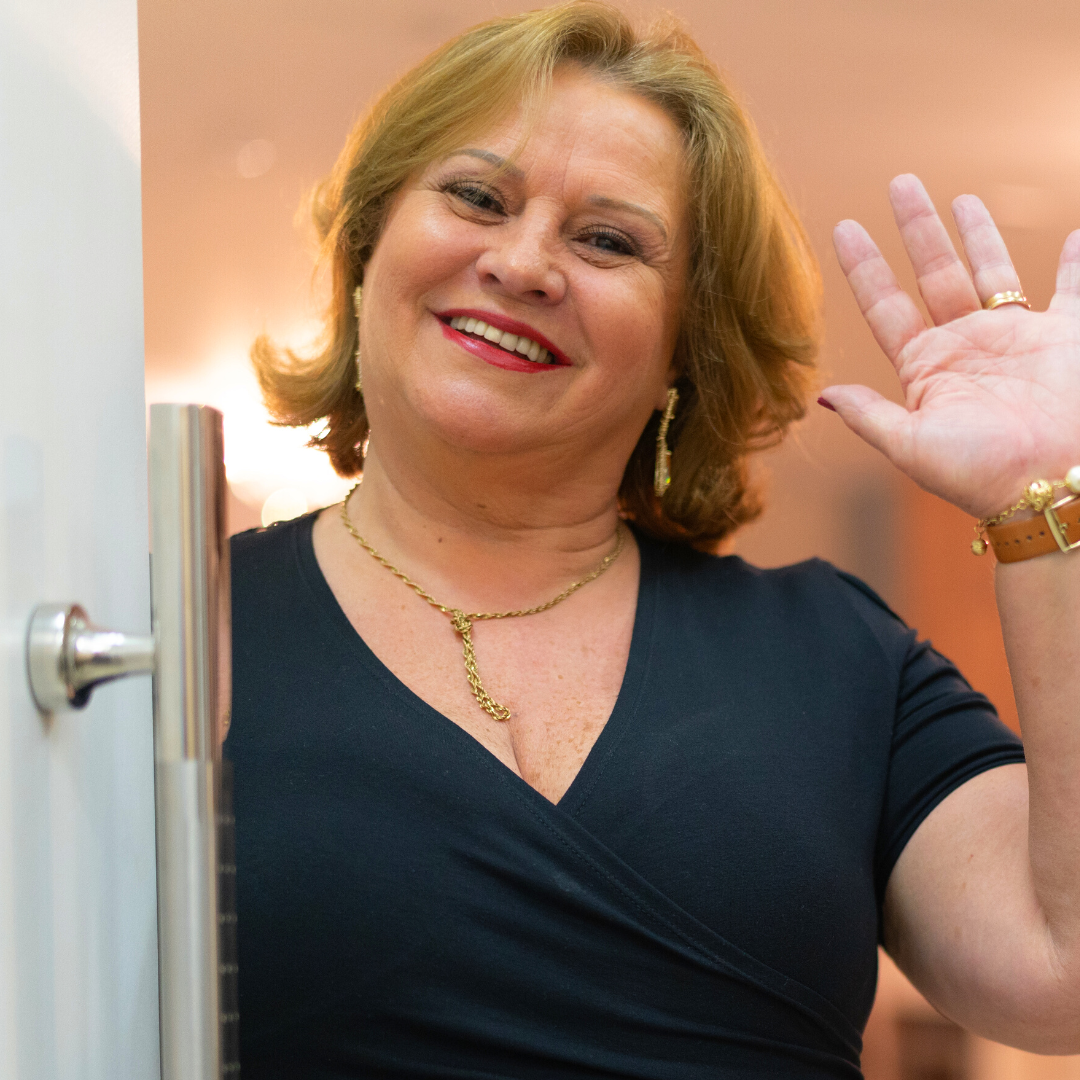
Lindsay Schlegel reconsiders her expectations as a hostess. Can we be the face of Christ without anticipating gratitude and praise?
When I hear the word “hospitality,” I think of an industry of hotels, resorts, and restaurants. I think of service, but only in exchange for compensation. In Biblical times, hospitality was something very different: it was a sacred act that honored neighbor and stranger alike.
I don’t recall where I learned this (perhaps in a homily?), but in Old Testament times, if someone were to come to your home, you would invite them to stay, prepare food, care for them, and so on, no questions asked. Literally no questions. You wouldn’t even ask the person’s name until the next morning. Today, that might sound like the set-up for a true crime drama. But if we can get out of our modern distrust of the other, hopefully we can see something beautiful and Christlike in the humility and generosity such an action requires.
As the holiday season approaches and many of us make ready to invite guests into our homes, I’m not suggesting we go so far as to put our family’s safety at risk. But I do think I, for one, need to take another kind of risk: the risk of being vulnerable, the risk of offering hospitality without anticipating praise or gratitude—the risk, as St. Ignatius of Loyola would put it, of giving without counting the cost.

I love being the hostess, and due to our extended family situation, nearly every holiday is celebrated at our house. I don’t love the cleaning. I do love the cooking. I don’t love how snappy I get in the hours before guests arrive. I do love our home being filled with people and laughter and memories being made.
If I’m honest, too often, I also love the thanks and compliments that come from hosting the celebration. It is a good thing to want to serve my family and friends, to warmly welcome them, and to offer them yummy food and drink in a space that’s comfortable and pretty. But ahead of time this year, I’m going to ask myself if I would put in the same amount of effort if I didn’t have people oohing and aahing over the décor or bacon-craisin-Brussels sprouts (that particular example is probably more about the bacon than it is about me, but still). Do I need the thanks? Or is the act of serving enough for me?
For me I think this is going to look like praying for each of my guests ahead of time, asking the Holy Spirit to guide me in how I can serve each individual. It’s going to look like more listening and less talking. It’s going to look like a simple “thank you” when a dish is complimented and a “you’re welcome” when guests express gratitude.

Perhaps the hardest part is going to be holding my tongue when things don’t go as planned or someone doesn’t appreciate the part of the day that meant the most to me. Can I accept that some of the things I do will go unnoticed, unpraised? Can I continue to serve with joy and grace? That kind of offering requires vulnerability that our culture doesn’t value. “You do you” does not make space for the good of the other, never mind lift it up as a higher intention. “Living your best life” doesn’t ask you to think about the needs of another, and it certainly doesn’t suggest you even consider putting those needs before your own desires. But I can choose to love that way this year. I can choose true love and holy joy through hospitality.
Click to tweet:
I can choose true love and holy joy through hospitality. #catholicmom
The holidays will be here before we know it. I think that with more intentional preparation, I can see Christ more clearly in others this year. And perhaps, with His grace, they will experience Christ more fully in me.
What aspect of hosting or being a guest is challenging for you? How can you experience it as an opportunity to grow in holiness this year instead? Let us know in the comments!

Copyright 2022 Lindsay Schlegel
Images: Canva
About the Author

Lindsay Schlegel
Lindsay Schlegel is a daughter of God, wife, mom, editor, and speaker. She’s the author of Don’t Forget to Say Thank You: And Other Parenting Lessons That Brought Me Closer to God and host of the podcast Quote Me with Lindsay Schlegel. Lindsay seeks to encourage, inspire, and lift others up to be all they were created to be. Connect with Lindsay at her website, LindsaySchlegel.com.


.png?width=1806&height=731&name=CatholicMom_hcfm_logo1_pos_871c_2728c%20(002).png)
Comments